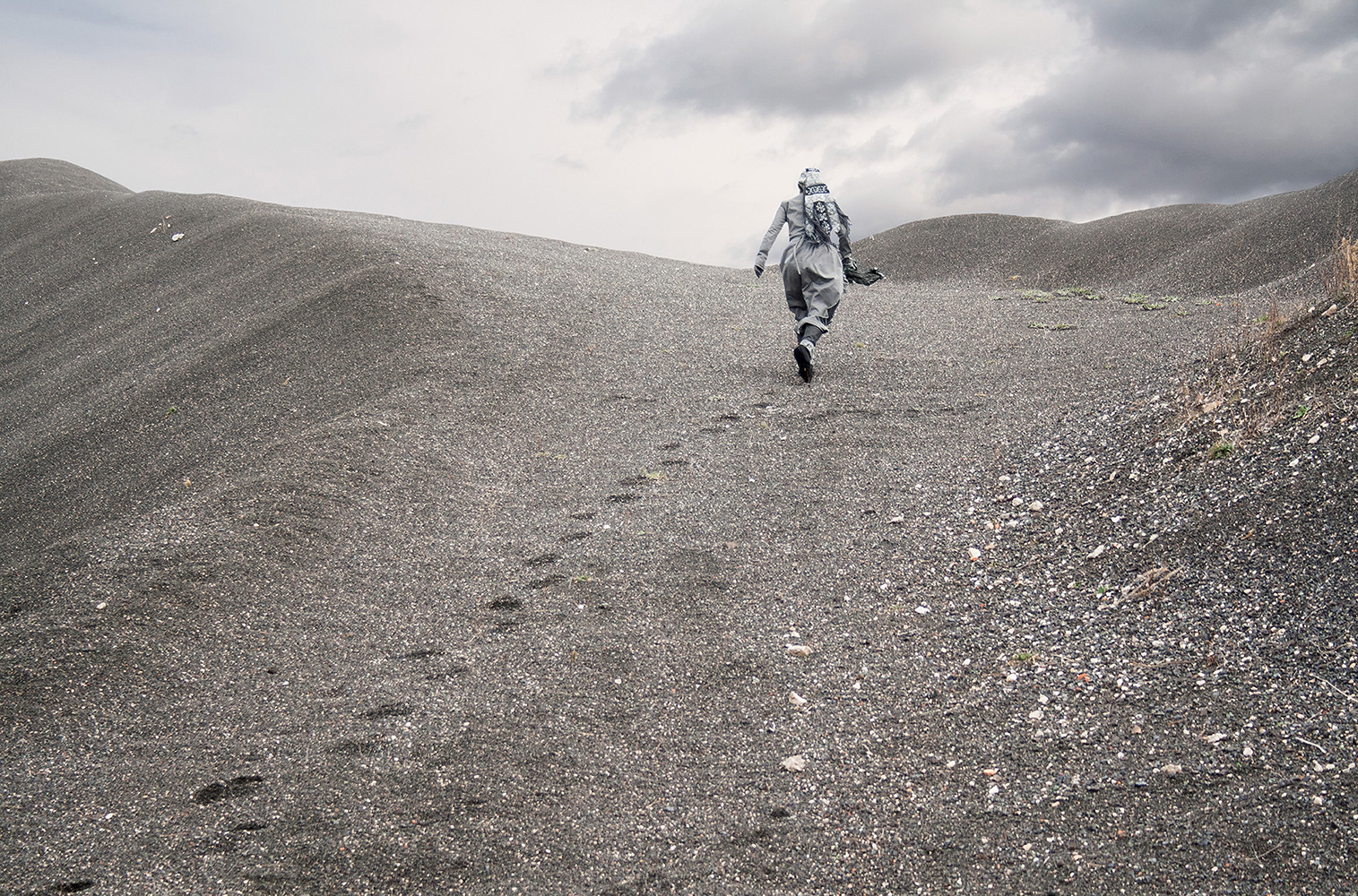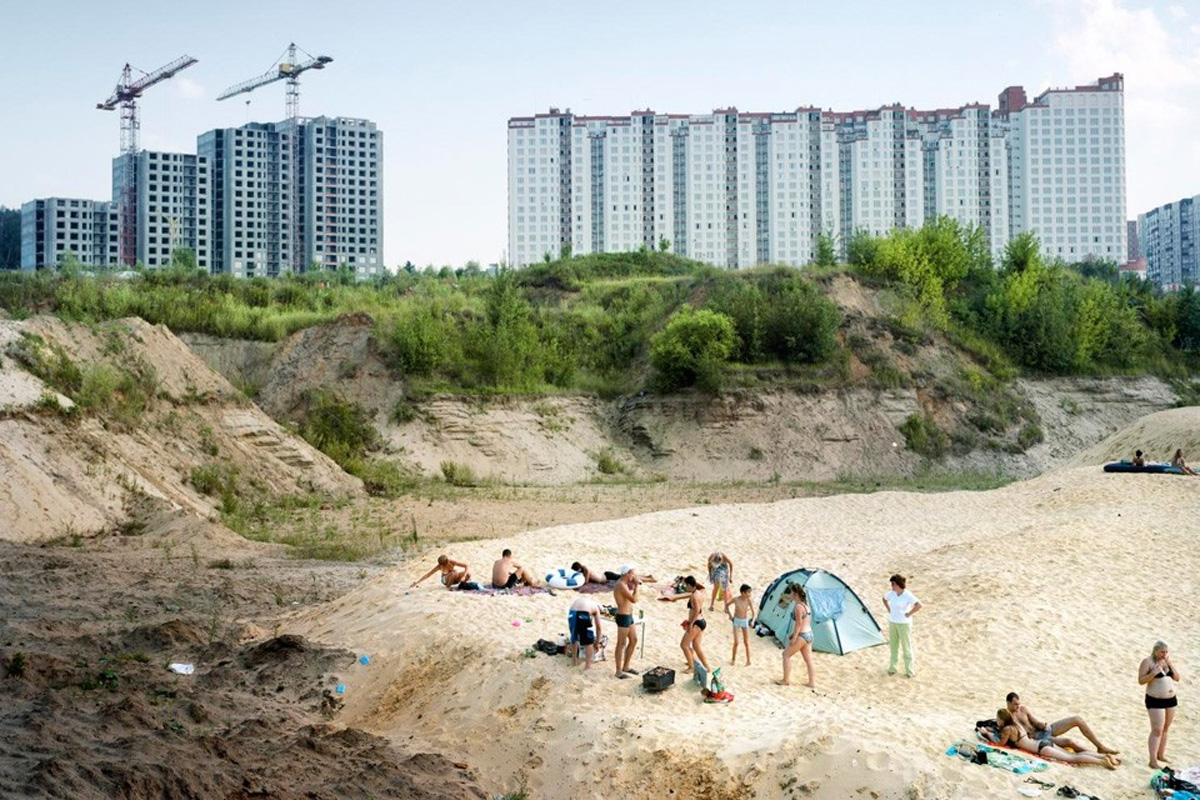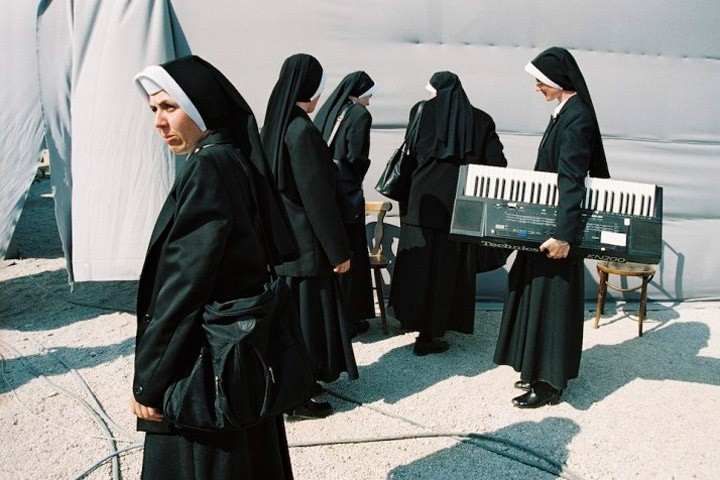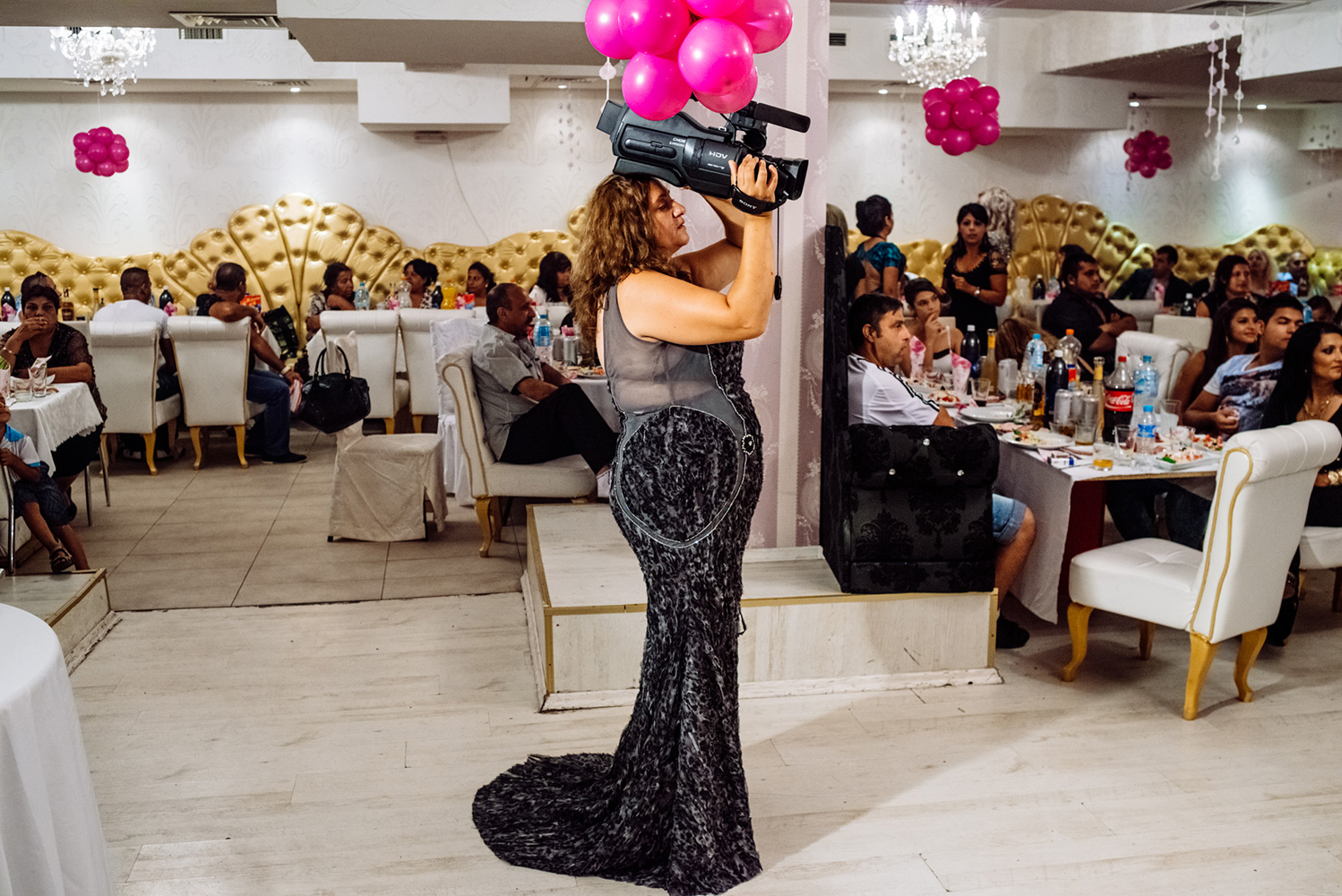
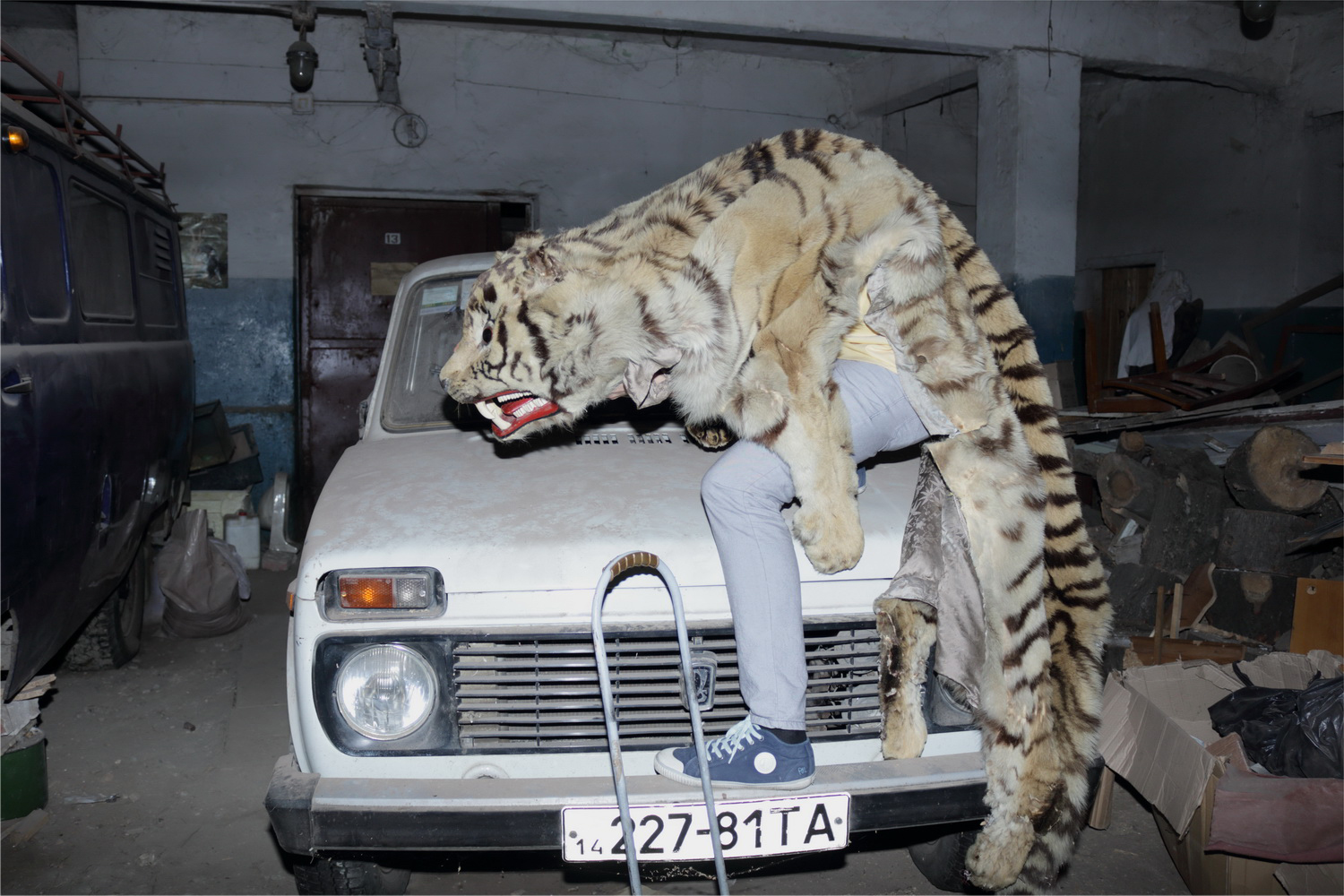
New East Photo Prize: The Sacrifice by Elena Subach
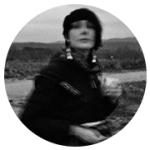
Elena Subach was born in Chervonohrad, western Ukraine, and currently lives and works in Lviv. Member of the Ukrainian Photographic Alternative. Exhibited her works in Ukraine, France, and Georgia.
— I was born in a small mining town in western Ukraine. My grandad was a painter and my father a miner. My grandad would paint icons for the local churches. I remember being looked at by faces of saints from every corner of our house. Sometimes I’d ask my grandfather to let me colour the skies in his paintings though till this day I’m indifferent to blue.
My father on the other hand, when he wasn’t underground, would tell me stories, for example about how him and his colleagues would take a caged canary down with them to tell whether there was methane at the bottom of the mine. Birds are very sensitive, so if the canaries continued singing they knew they weren’t in danger. In this way, I’d grown up between the skies and the ground.
My father’s stories were no less bright than my grandfather’s paintings. My house was always full of books — art books filled with reproductions of paintings, encyclopedias, volumes on the life of animals, books on the human anatomy. All of this formed my creative thinking.
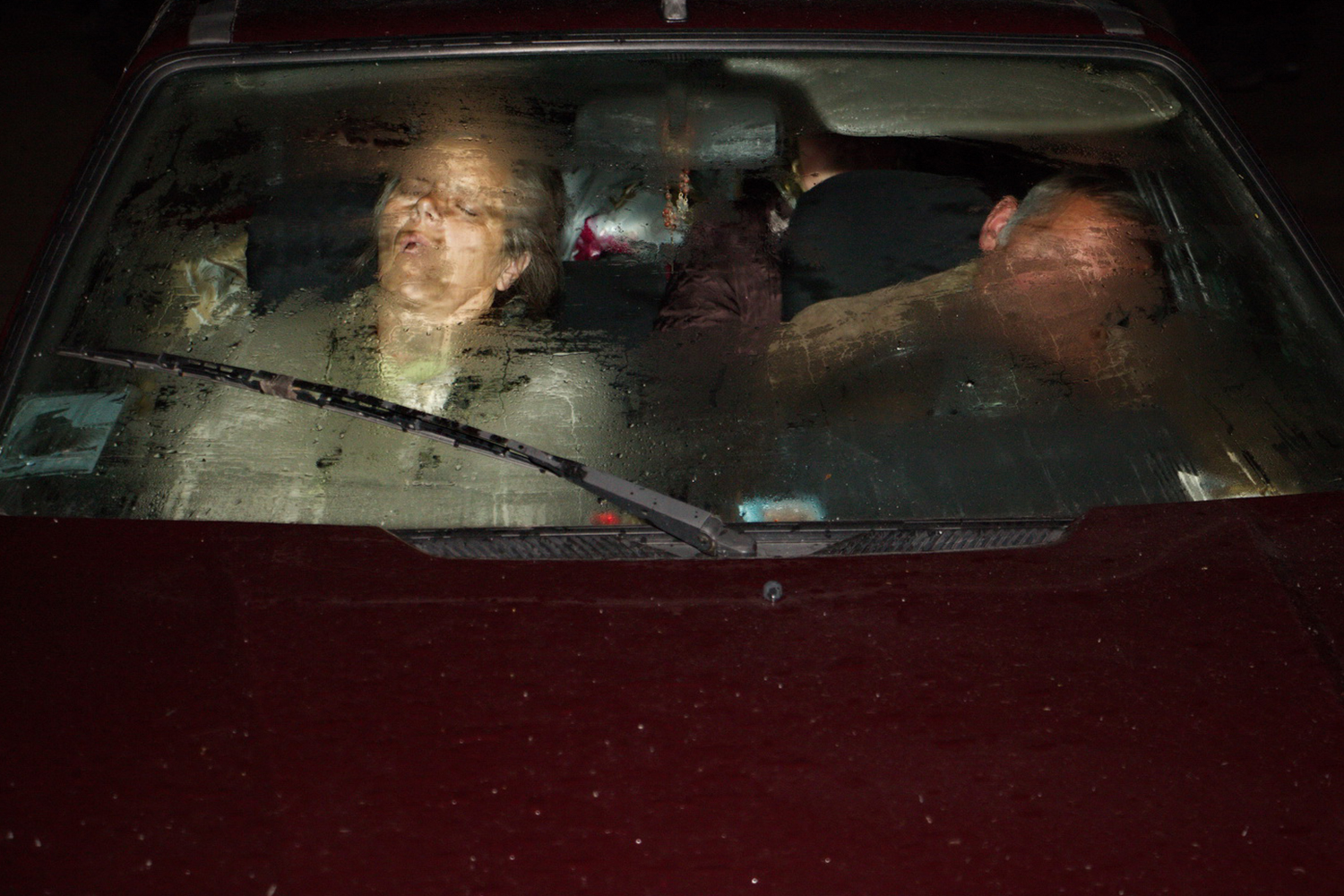
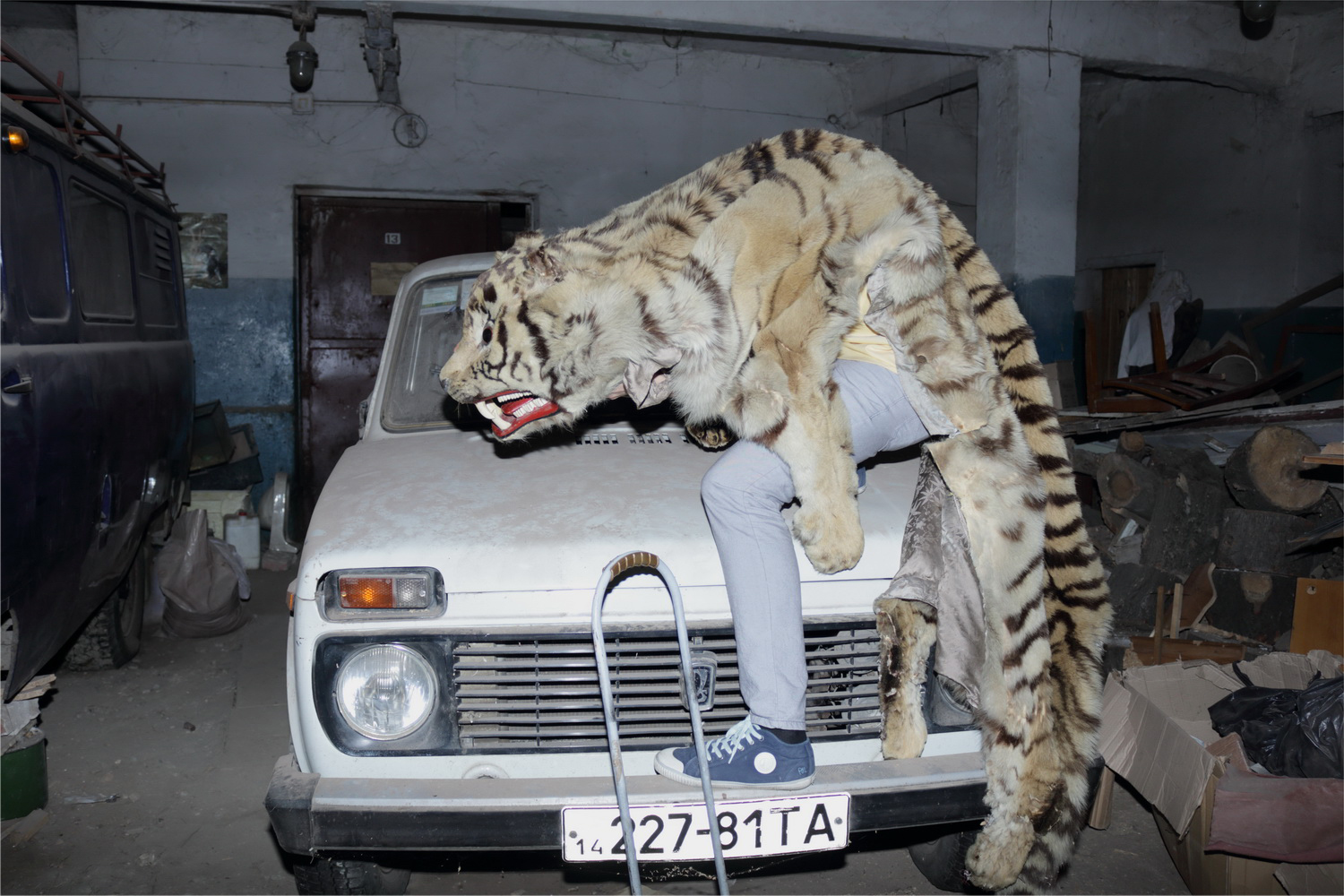
At university I met two sisters whose mother was a photographer. One of the rooms in their house she’d converted into a studio where she would photograph her family and friends, develop her own film and print the photos. I didn’t start to shoot until later in life. My first camera was the lengendary Olympus Mju II. It produced unexpected colour effects with expired film.
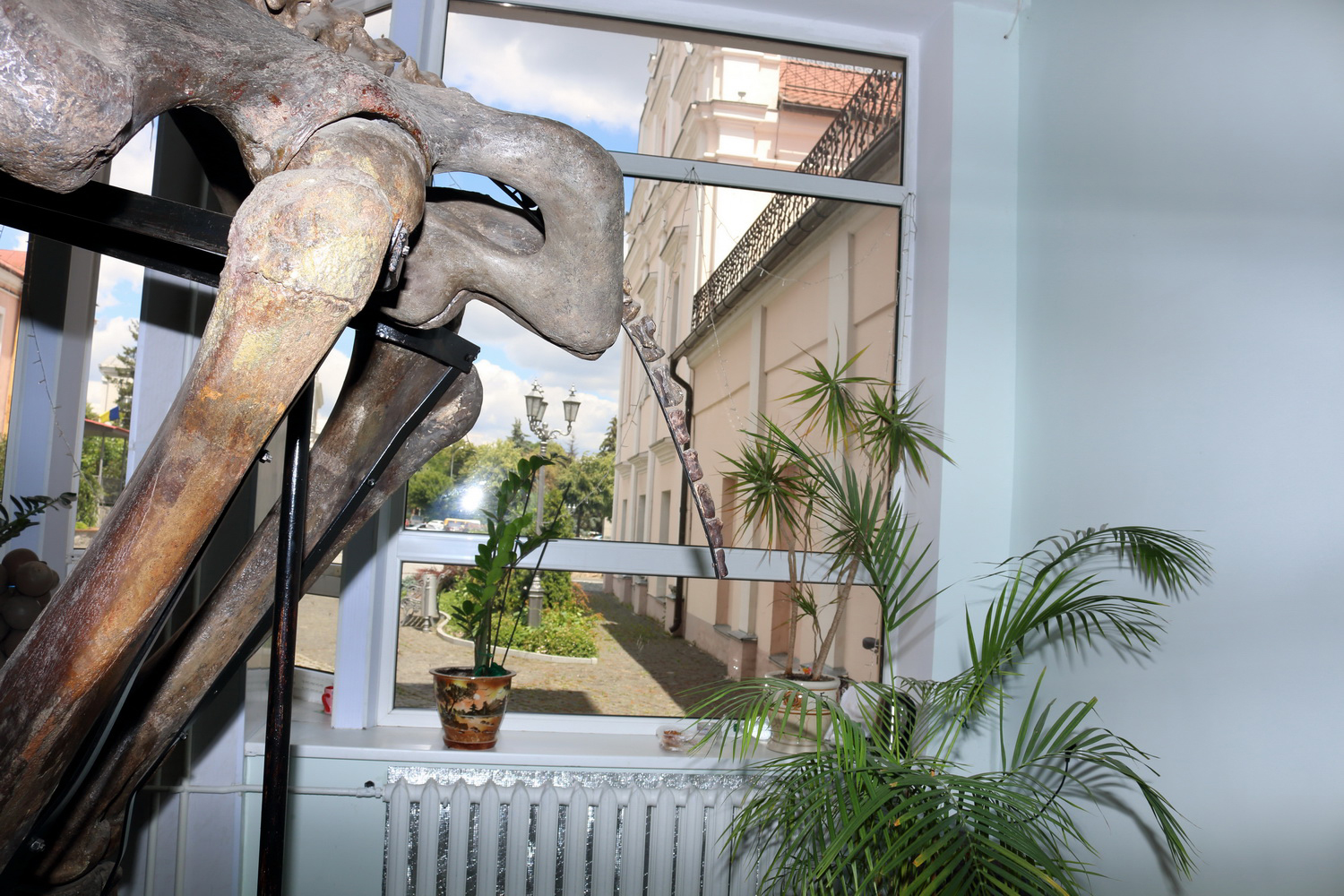
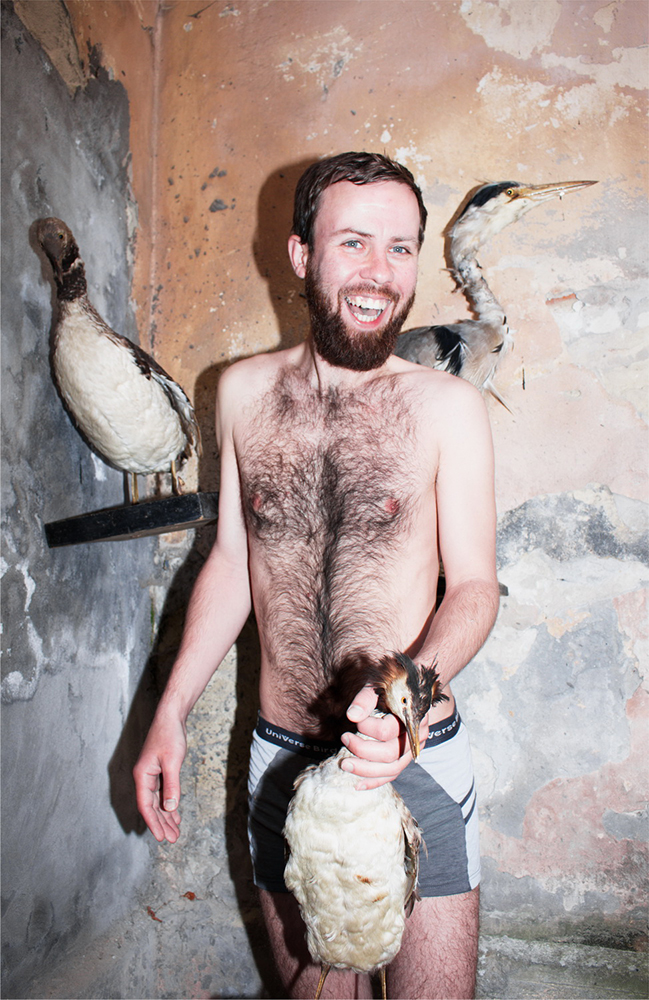
You could describe my approach to what and how I shoot as a kind of encyclopedia of Ukraine. Just as Foucault begins The Order of Things by citing a Chinese encyclopedia that breaks down animals into “(a) belonging to the Emperor, (b) embalmed, (c) tame (d) suckling pigs” and so on, I break down my subjects into the following categories: absurd stories; holy mothers; sacrificed animals; the funny; the frightening; butchers and strange children; the endlessly lonely; the lost; the praying; the drunk; the festive and merry; young girls and elderly women. Among the people in my photos are friends and absolute strangers, though more of the latter.
It’s important for me to capture a moment when the person is willing to be photographed, when it doesn’t offend them.
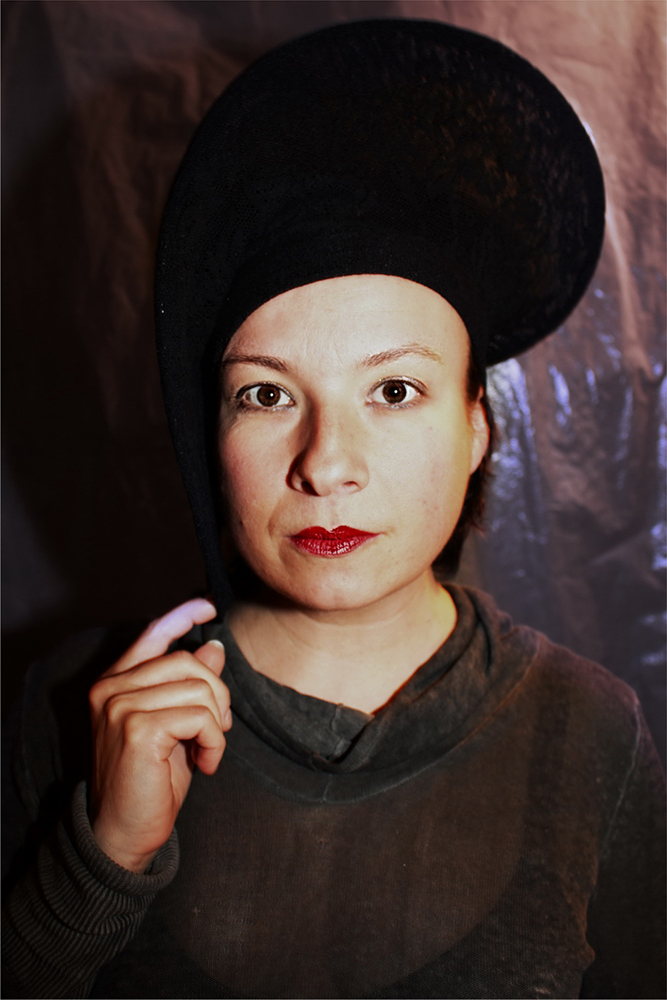
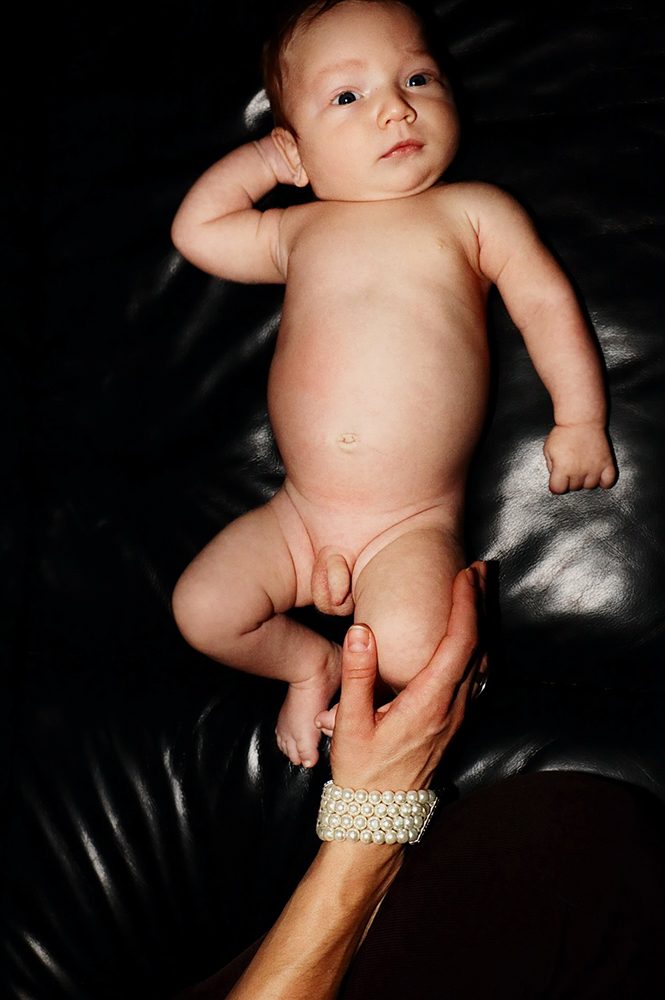
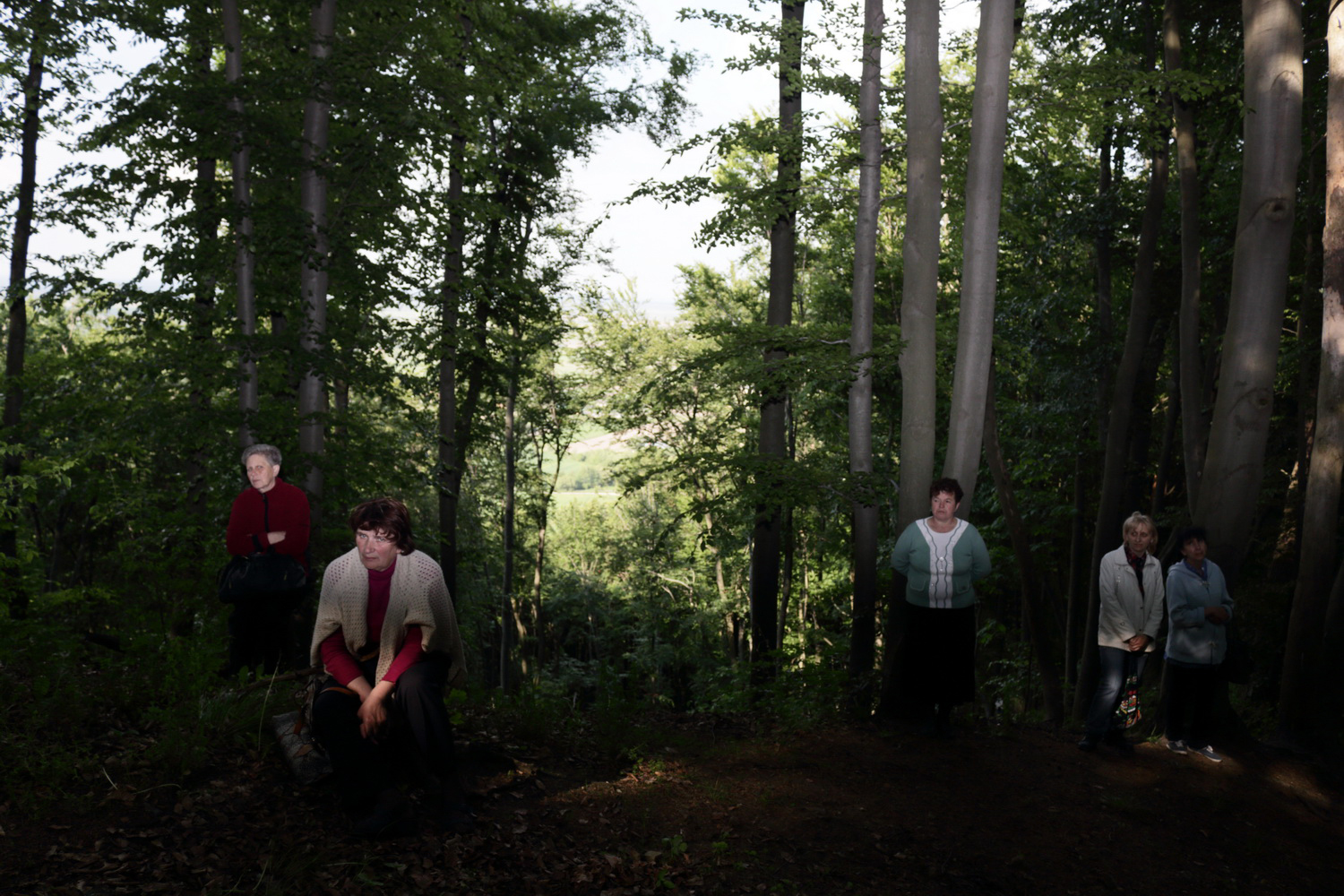
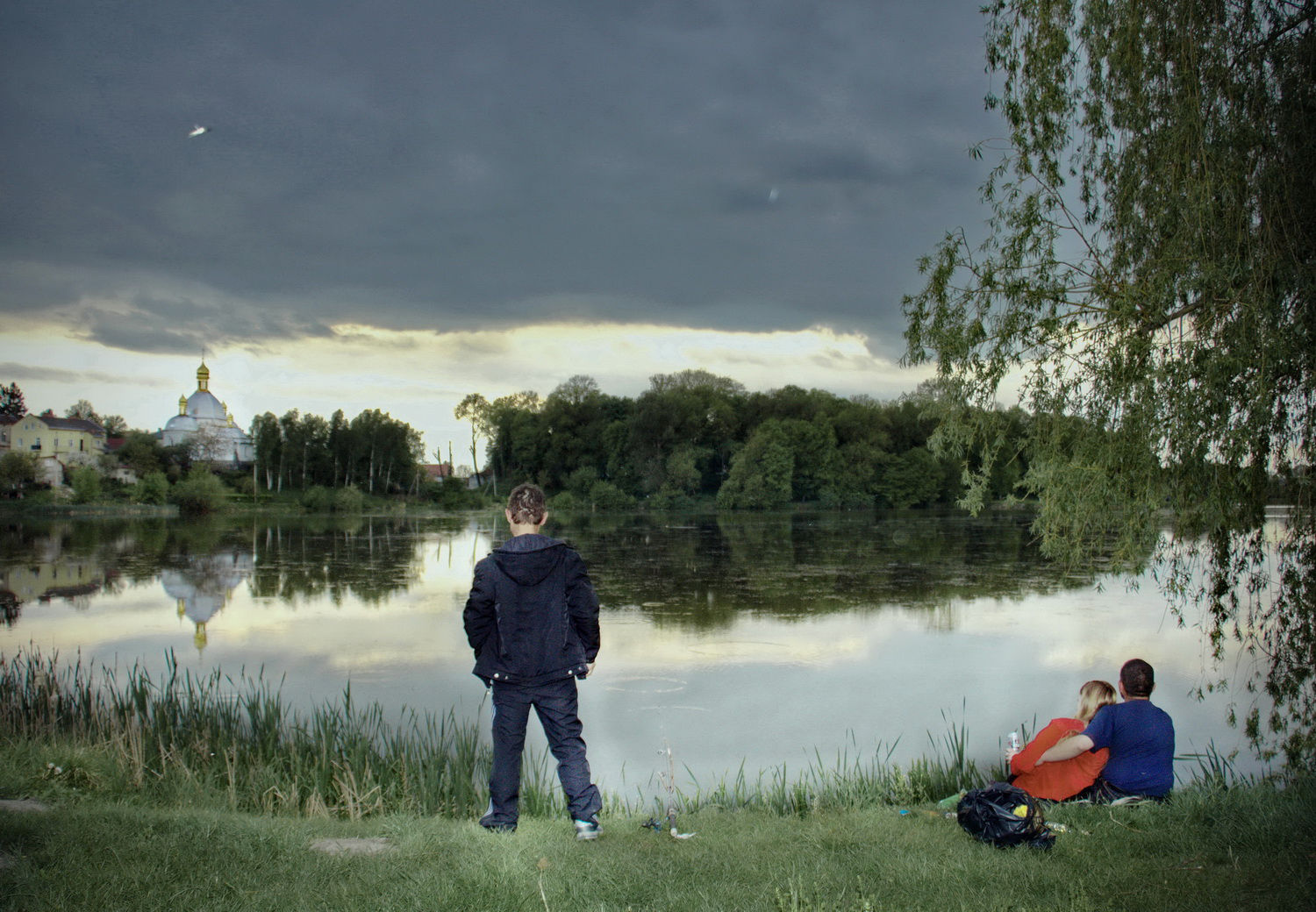
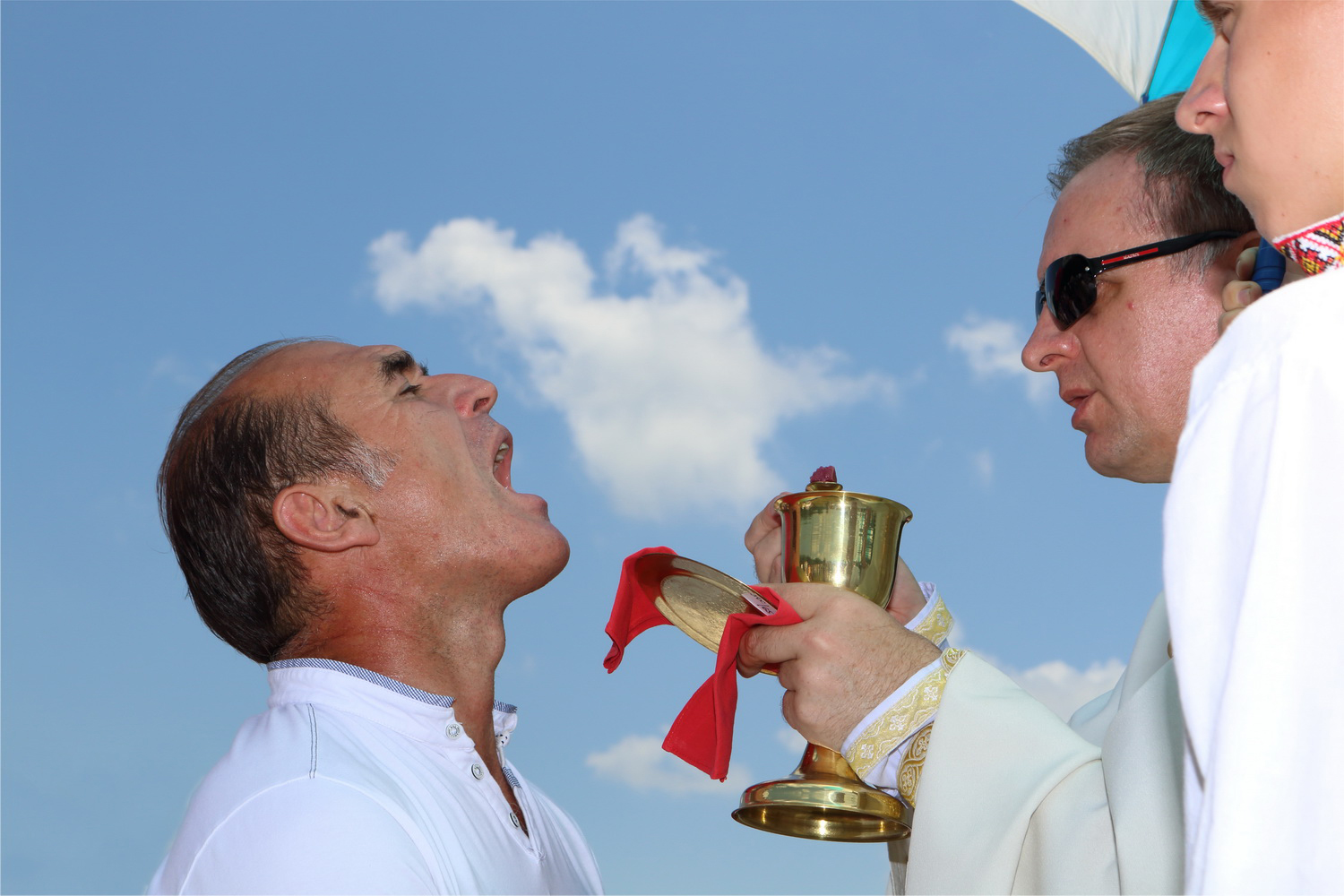
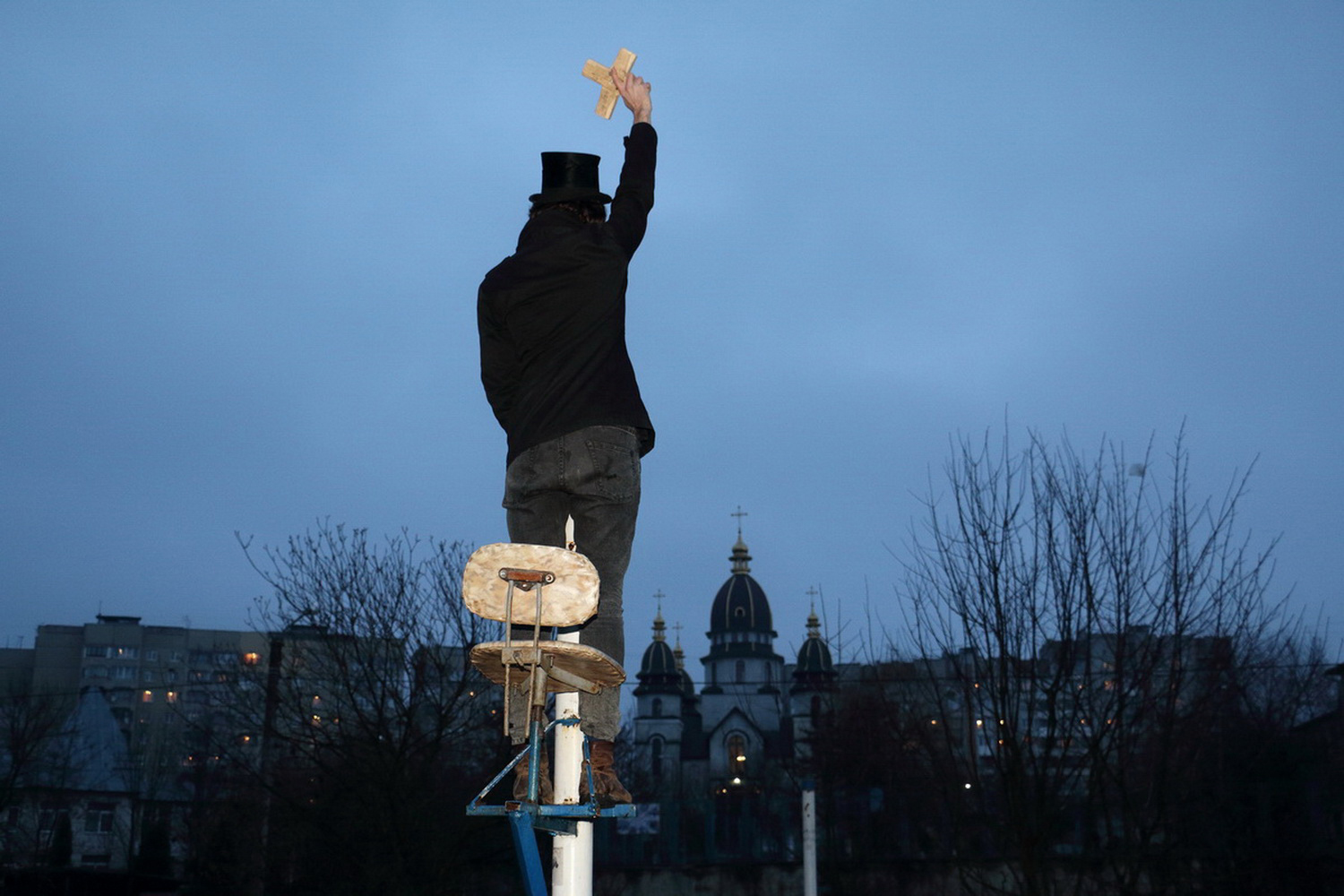
The name of the series The Sacrifice was not accidental. It relates to a tragedy in my town that took part in the 1990s — when three children had died one autumn — and the the sadness I feel when I travel the country and see the same towns as mine, with all those people who are born there and who cannot leave for whatever reason.
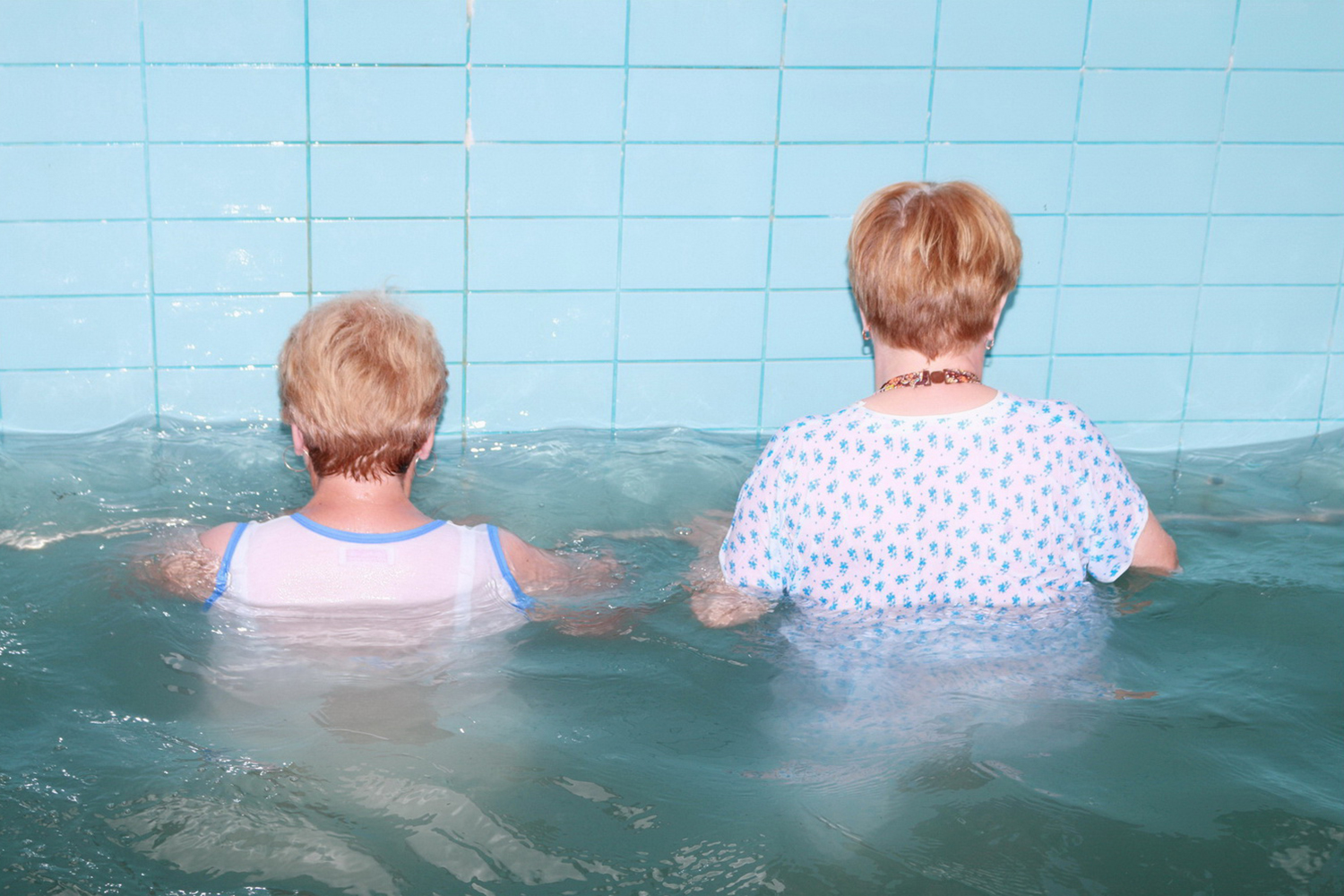
My preceding project, Silent Histories, was about life in the provinces, and the absence of boundaries between the rural and the urban. It revolved around towns dating back to the 16th and 17th century that were left out of the new transport grid, a network of roads connecting administrative and economic centres which had been put into place by the Soviets, and thereafter had lost all the features that once brought them prosperity. Those that managed to survive the Soviet era could not cope with post-industrialisation and are facing a difficult situation: loss of jobs and social security, with people returning to a way of life characterised by superstition.
It was my way of explaining the surge in religiosity and the number of churches that have been built in recent years over hospitals and schools.
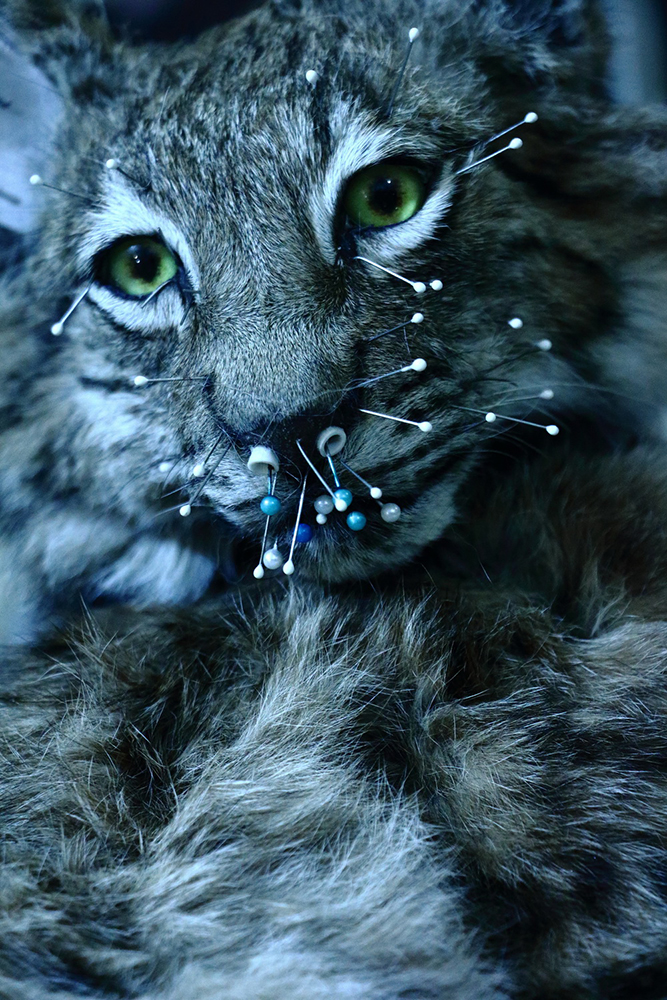
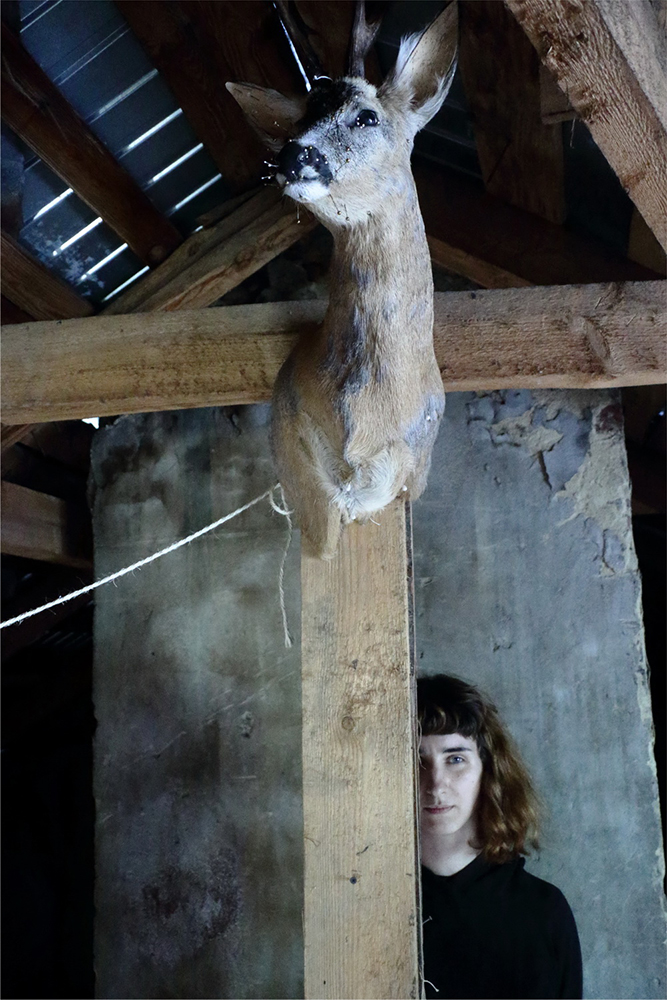
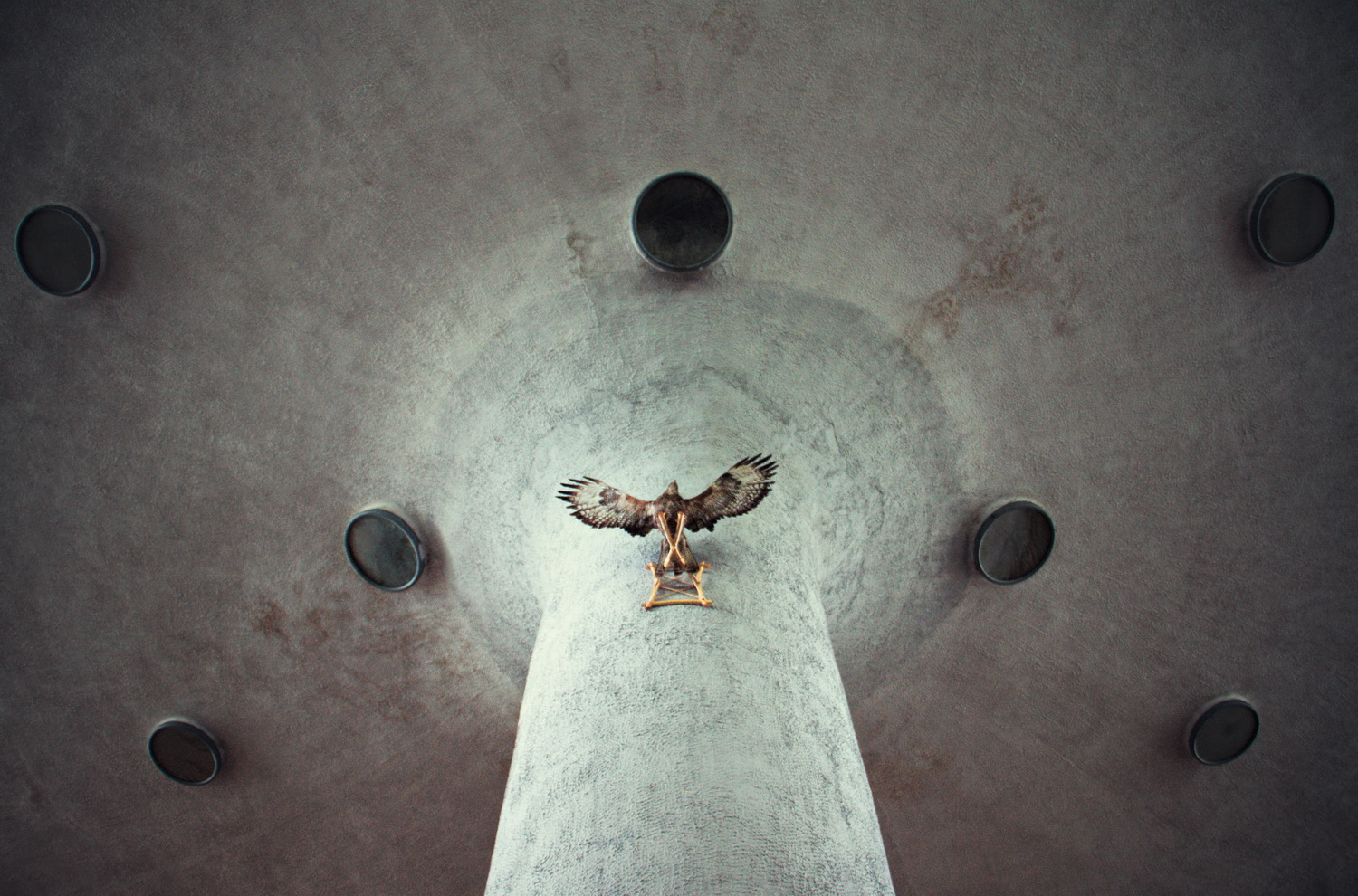
The word victim is used hastilly throughout our lives. The Sacrifice is a reflection on this topic but also a personal attempt to understand and accept the reality that surrounds me: an attempt to plunge into the depths of collective unconscious and create from it my own myth.
The award ceremony for The New East Photo Prize will take place in London on December 1, 2016.
Text and image: Elena Subach
Interview: Liza Premiyak
This interview was originally published on The Calvert Journal.
Others project materials

New and best


















